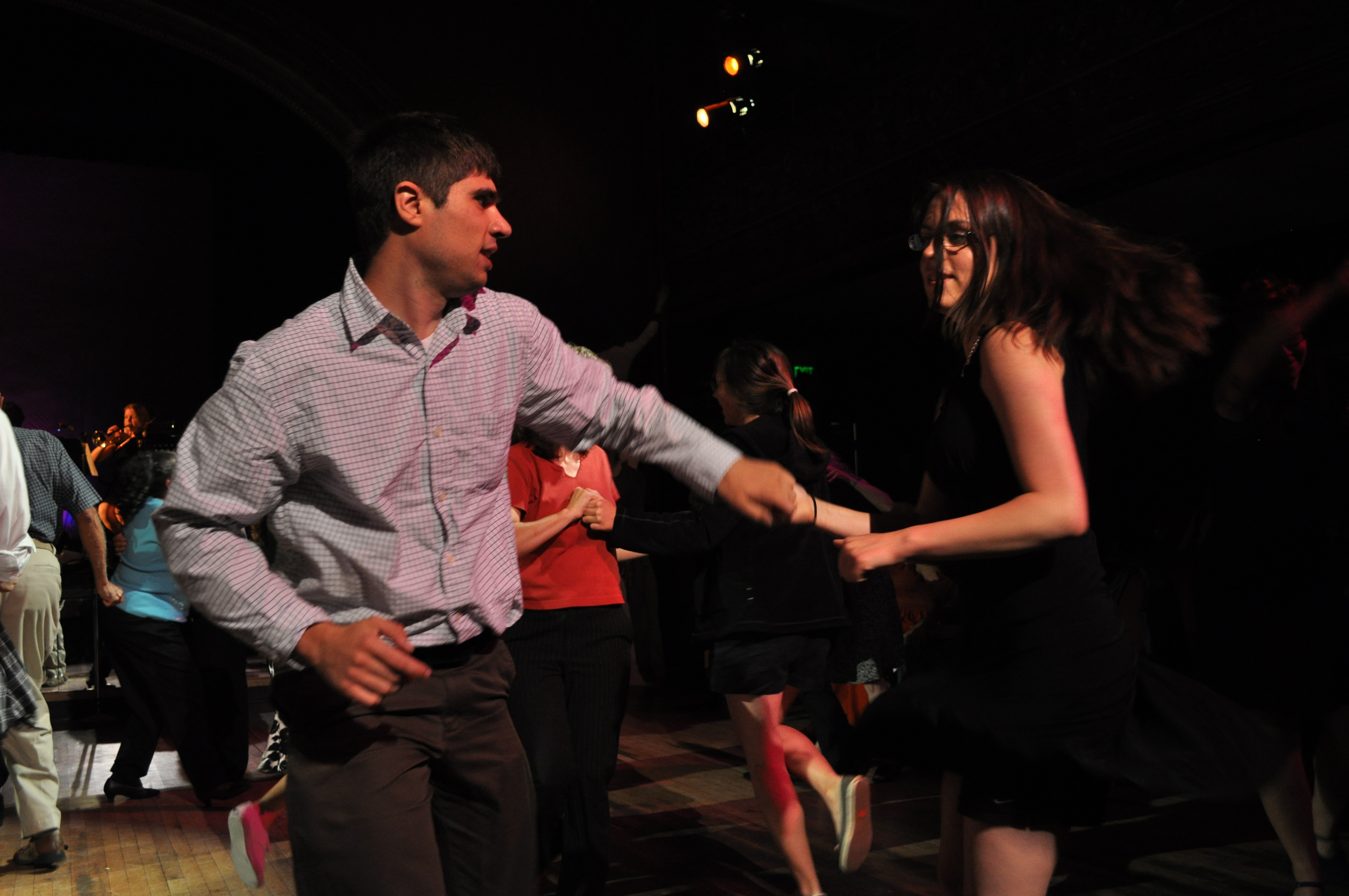The letter you always wanted to write…..
Anon
 The day you killed yourself was a Wednesday and when my husband called to tell me I was at work. I felt dizzy in the sunny and overheated hallway in the hospital where I work. I sat down and cried right there, in the hallway on a radiator. And I didn’t care that doctors, patients and colleagues were walking past me, looking away, probably feeling bad for me, but feeling uncomfortable and not knowing how to help.
The day you killed yourself was a Wednesday and when my husband called to tell me I was at work. I felt dizzy in the sunny and overheated hallway in the hospital where I work. I sat down and cried right there, in the hallway on a radiator. And I didn’t care that doctors, patients and colleagues were walking past me, looking away, probably feeling bad for me, but feeling uncomfortable and not knowing how to help.
It couldn’t possibly have been you, I thought as I sat there. You were so funny, so bubbly, so warm. Your children, your wife, a thousand people whose hearts you’ve warmed; you have left such immense wreckage in your wake. I know a bit about that wreckage. Mine is not the same as yours, but when my father killed himself, he left a mess behind to clean up too.
You were 1 of the most daunting statistics: 1 of the 4,630 British men under 50 who killed themselves over the year[1]. In health policy we call suicides preventable deaths.
I could categorise you as having had “treatment resistant depression,” but as a friend looking back trying to make sense of it, I think maybe you were a man without hope in the face of what you saw were unacceptable difficulties and failures. Where you felt personal shortcomings, your loved ones only saw external forces piling pressure on you. If only you could have seen how so many of these difficulties were beyond your control – events you could not have avoided, no matter what.
I should have known you were right in the target zone; after all, suicide, not cancer or heart disease is the top killer of adult men under 55. The top killer. I’ll bet you didn’t even know that. Not many people do. Or that the highest risk age for suicide for all people is for men between 45 and 49. That was you too. I’ll bet you didn’t even know how many men were in deep despair the same week as you. So many of them have made it out. Why not you? What could we have all done differently for you? What could you have done differently for yourself? You tried more than many men would have, so your wife told me after the funeral.
I can’t help but try and pick apart all of the reasons why the help you received was, in the end, too little, too late. What beliefs did you have about yourself, the future and the world? How many decades had they been digging away at you?

Remember the last time we swung each other around a dancefloor? We laughed, hugged and smiled for hours. I wonder now how much of that was an act.
I want you to know that I laughed at your funeral. The music was hilariously perfect; I owed it to you to behave as you would have wanted in that moment; to let go of your sadness and just be myself.
I wrote to your wife after the funeral. I told her that I am living proof that the children of suicide victims can be ok. She told me it meant a lot to her. I don’t know if that’s true or not, but I hope it is.
I haven’t told her what happens next. Next is the part where your suicide’s youngest victims – your children – will grow up to eventually be ok with not knowing why dad killed himself, and why no one could help.
The part that happens next is also the part where your children start realising we were asking the wrong questions; like “why your family didn’t mean enough to you to stay around.” We start realising your belief was firmly the opposite: that we would be much better off without you.
What have I done since then? I’ve been telling every man who will listen that men must make it ok for each other to talk about their difficulties and accept help. I’m learning how to encourage the adult men in my life by using tips for friends from the website CALM which was developed to help men talk about their problems.
I wonder if you’re reading this now and thinking of a man you could have helped. I wonder if there will be a man whom you could help today?
By anonymous Research Fellow, Institute of Global Health Innovation, Imperial College London
*Not his real name
CALM the Campaign Against Living Miserably
How can I help my male friend or family member?
It’s always very difficult if you’re worried that someone close to you is at risk of suicide. The CALM helpline is there for everyone, not only those in crisis, so you can call to find out more info on how to help them. You can also find support information on their Worried About Someone page, also visit at their Get Help page to find more information on particular issues.
Doctors’ Support Network
The Doctors Support Network provides peer support for doctors and medical students with mental health concerns http://www.dsn.org.uk/professional-support
Samaritans
In the UK, the Samaritans can be contacted on 116 123. In the US, the National Suicide Prevention Hotline is 1-800-273-8255. In Australia, the crisis support service Lifeline is on 13 11 14. Hotlines in other countries can be found here.
[1] In 2014, the most recent year for which there is available data. Adult men in the UK. Source: http://www.samaritans.org/sites/default/files/kcfinder/files/Samaritans%20suicide%20statistics%20report%202016.pdf